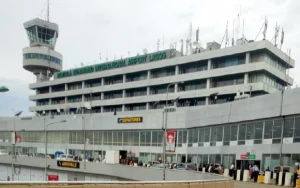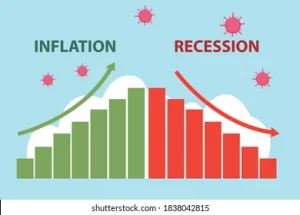
By David Akinmola
A wave of public disillusionment is sweeping across Nigeria as more citizens openly express distrust in the country’s political leadership.
From rural communities to major urban centers, many Nigerians say they feel betrayed by the very politicians they voted into office, citing broken promises, corruption, and a widening gap between leadership and the people.
In the months following the last general election, the optimism that once filled campaign rallies has given way to frustration. “They told us they would fix the roads, bring jobs, and reduce insecurity,” said Mary Onuoha, a small business owner in Enugu. “Now, we can barely get electricity, the roads are worse, and prices keep rising.”
Many Nigerians point to a pattern that repeats every election cycle: bold promises, fiery speeches, and pledges of reform—only for those commitments to fade once officials assume power.
A recent survey by the Centre for Democracy and Development found that over 70% of respondents believe Nigerian politicians care more about their personal gain than public service. Analysts say this sentiment is driven by several high-profile corruption cases, a lack of transparency in governance, and the failure to deliver on campaign pledges.
“Trust is not just given, it is earned,” said Dr. Adebayo Folarin, a political science lecturer at the University of Ibadan. “Unfortunately, our politicians tend to forget their campaign promises as soon as they are sworn in. They are often more focused on maintaining power and wealth than on governance.”
Young Nigerians, in particular, are growing more vocal about their disappointment. Many took to social media in recent weeks with the hashtag We Deserve Better, calling for accountability, youth inclusion in politics, and honest leadership.
Civil society organisations are also stepping up efforts to demand transparency and civic responsibility. “The solution is not to give up,” said Kemi Akinyemi of VoteWatch Nigeria. “We must hold them accountable, track their promises, and make informed choices in future elections.”
While hope may be dimmed, many Nigerians are not ready to surrender it entirely. Activists and reform-minded leaders continue to push for systemic change, and grassroots political movements are gaining momentum.
As the next election cycle approaches, the message from the people is growing louder and clearer: Nigeria deserves leaders who serve, not deceive. Trust may be broken now, but the power to restore it still lies in the hands of the people.








